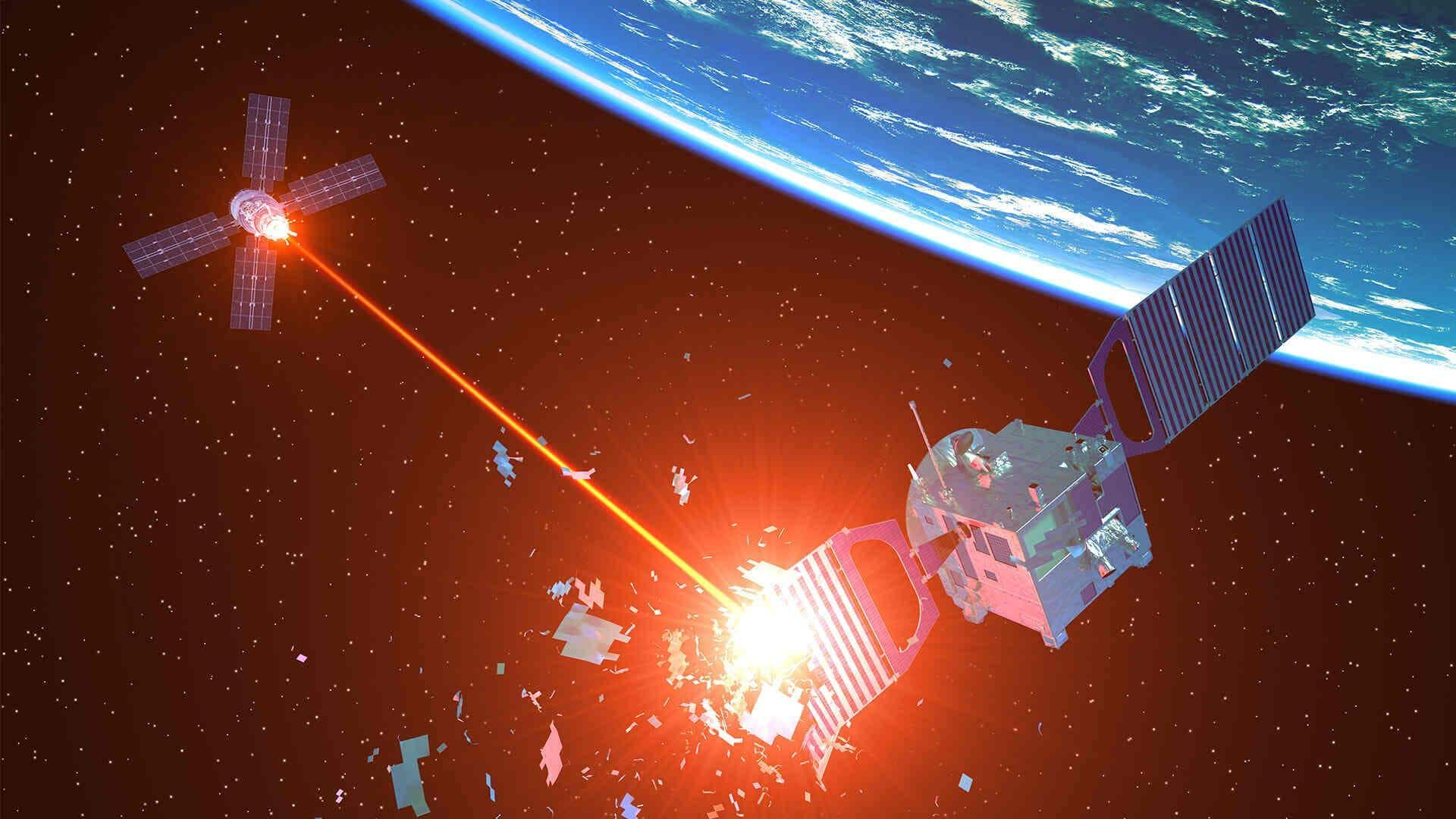
Russia working on space-based nuke that could render LEO useless
What's the story
Russia is said to be working on an anti-satellite space weapon that could potentially wipe out low-Earth orbit for everyone, warns Major General Michael Traut, head of Germany's military space command. Traut explains that if someone were to detonate a nuclear weapon in high atmosphere or space, it would mean "the end of the usability of that global commons." He emphasizes that no satellite, whether Chinese, Russian, American, or European, would survive such an event.
Consequences
Weapon's intended effects
The rumored Russian space weapon aims to destroy satellites by using a massive energy blast to render them useless in orbit, according to three anonymous sources who spoke to CNN. Traut notes that there are currently "more questions than answers" about the alleged space nuke. He also highlights the aftermath of such an attack, which would turn thousands of satellites into junk and create dense debris fields.
Scenario
US officials confirm development and potential impact
Recently, Rep. Mike Turner, the Ohio Republican Congressman leading the House Intelligence Committee, cautioned about a "serious national security threat." President Joe Biden later confirmed that Turner was referring to Russia's development of an anti-satellite space weapon. Ludwig Müller, Director of the European Space Policy Institute, explained that if Russia were to take out commercial satellites with this weapon, it could cause trillions of dollars in damage and affect industries like energy and banking.
Response
White House advises calm amid troubling reports
Despite concerns over Russia's pursuit of this space weapon, White House adviser John Kirby urged calm, stating that there is "no immediate threat to anyone's safety." He added that the weapon is not designed to attack humans or cause physical destruction on Earth. However, the limited information available about Russia's developing space weapon is enough to raise alarm among global leaders, as the potential consequences could be disastrous for satellite-dependent industries and infrastructure.